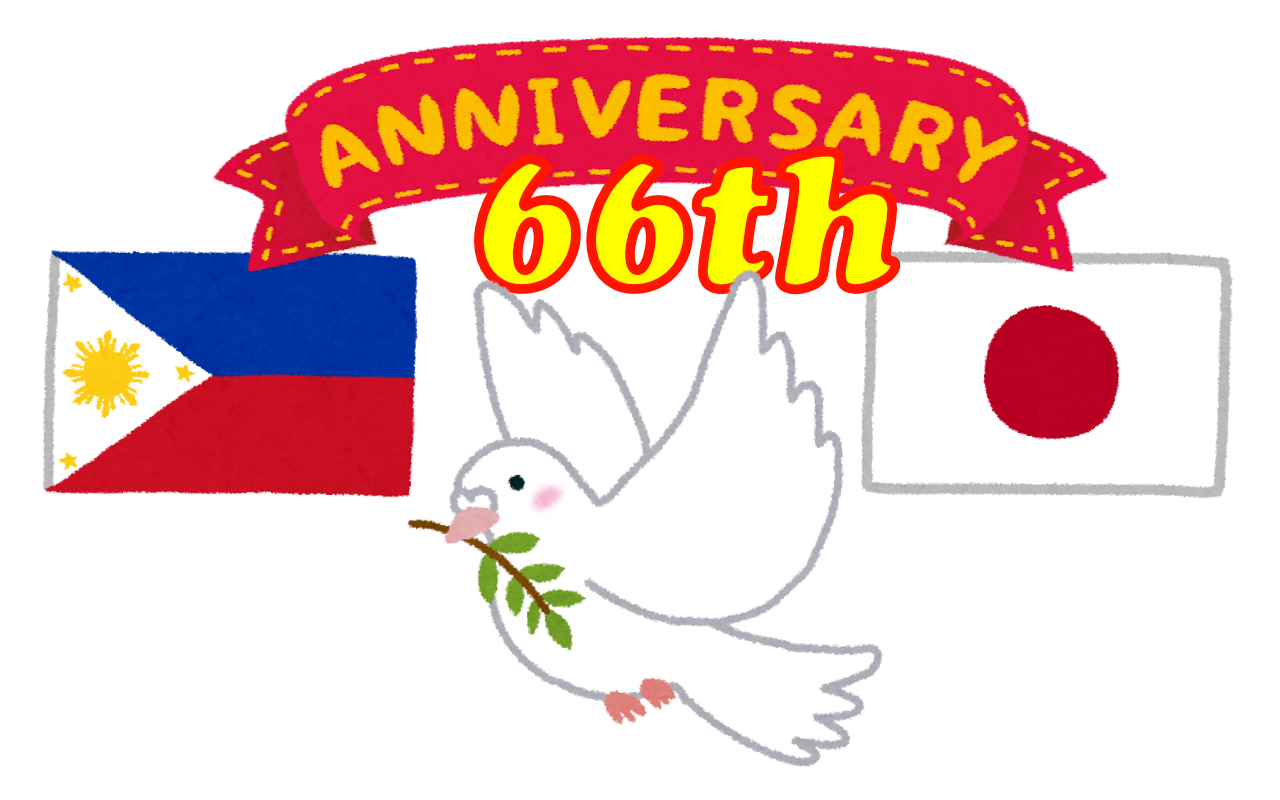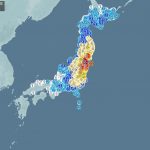
It was 66 years ago, on July 23, 1956, that Japan and the Philippines concluded and put into effect diplomatic relations.
The year 1956 is easy to remember because it is the year I was born.
After World War II, Japan was occupied by the Allied Powers, the United States of America, but regained its sovereignty in 1951 with the signing of a peace treaty in San Francisco with the Allied Powers, excluding the Soviet Union, the Republic of China, and India.
Since then, it has signed peace treaties with the Republic of China, India, and Indonesia, but it has yet to sign a peace treaty with the Soviet Union (now Russia).
The Philippines had signed the San Francisco Peace Treaty in 1951, but negotiations dragged on due to the wartime compensation issue. The amount of reparations was $550 million. The amount of compensation was set at $550 million, with an average of $25 million for the first 10 years and $30 million for the following 10 years, and another $250 million was to be provided in addition to this amount.
Four years later, in 1960, the "Treaty of Friendship, Commerce, and Navigation between Japan and the Philippines" was signed by both countries. However, many people in the Philippines were still wary of the Japanese occupation, and after being kept in limbo for 10 years, the Senate rejected ratification.
It was eventually ratified by presidential authority after the current President Marcos' father declared martial law, coinciding with Prime Minister Kakuei Tanaka's visit to the Philippines in 1972.
Negotiations began in 1976, the year of the revision of the treaty, and the exchange of instruments of ratification between the Japanese and Philippine governments finally took place in 1980.
In other words, it took 35 years after the end of World War II for Japan to gain the trust of the Philippines.
On July 18, prior to this year's Diplomatic Relations Day, Mr. Iwamoto, Parliamentary Secretary of the Ministry of Defense, paid a courtesy visit to the Acting Minister of Defense of the Philippines, followed by a meeting with the Chief of General Staff, and he also observed a life-saving drill during a disaster.
It has been agreed that the Philippine Armed Forces and Japan's Self-Defense Forces will conduct joint training exercises in the future. Both the Philippines and Japan are countries that are frequently hit by disasters such as typhoons, earthquakes, and volcanic eruptions, so training that includes cooperation in disaster recovery would be beneficial for both countries.
I wish that the Philippines, my wife's homeland, and Japan will continue to enjoy a long-lasting friendship and cooperative relationship.
The last part of my speech sounded like a congratulatory address at a wedding.









